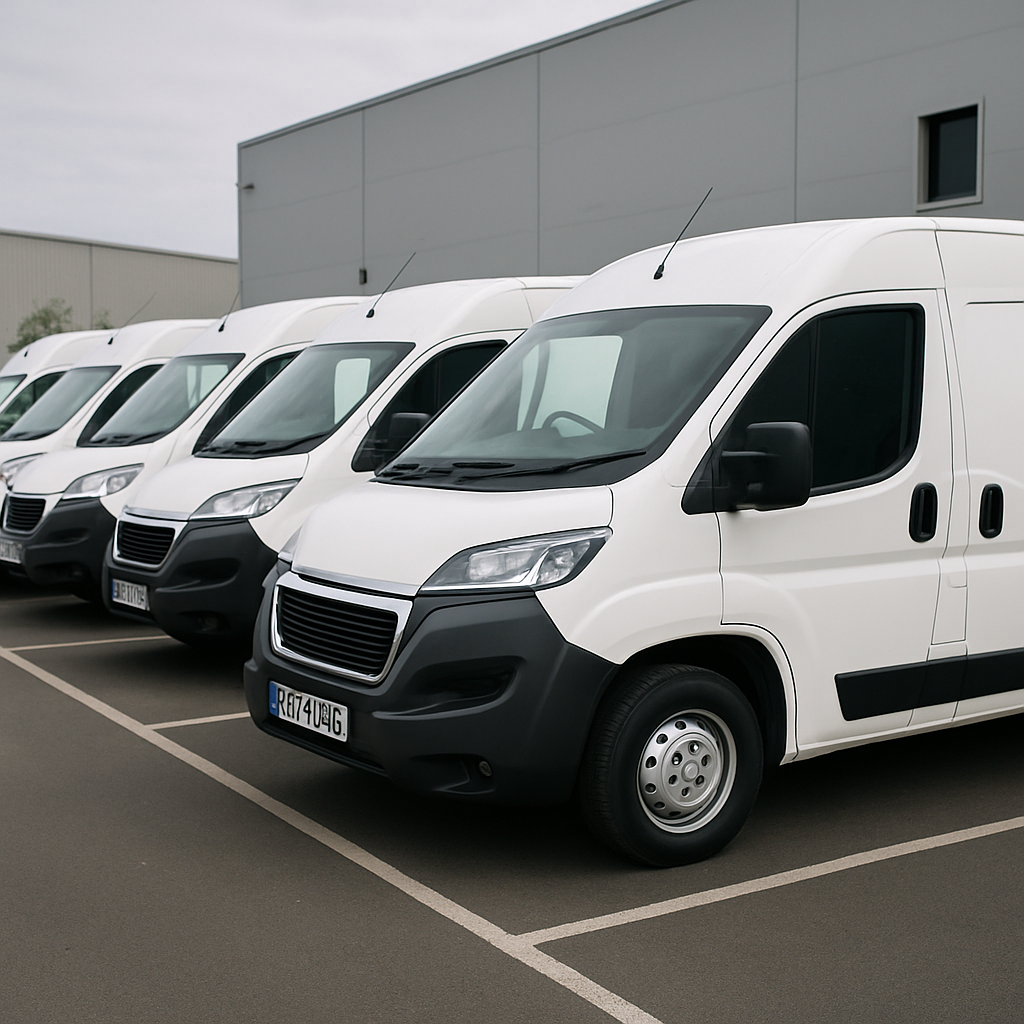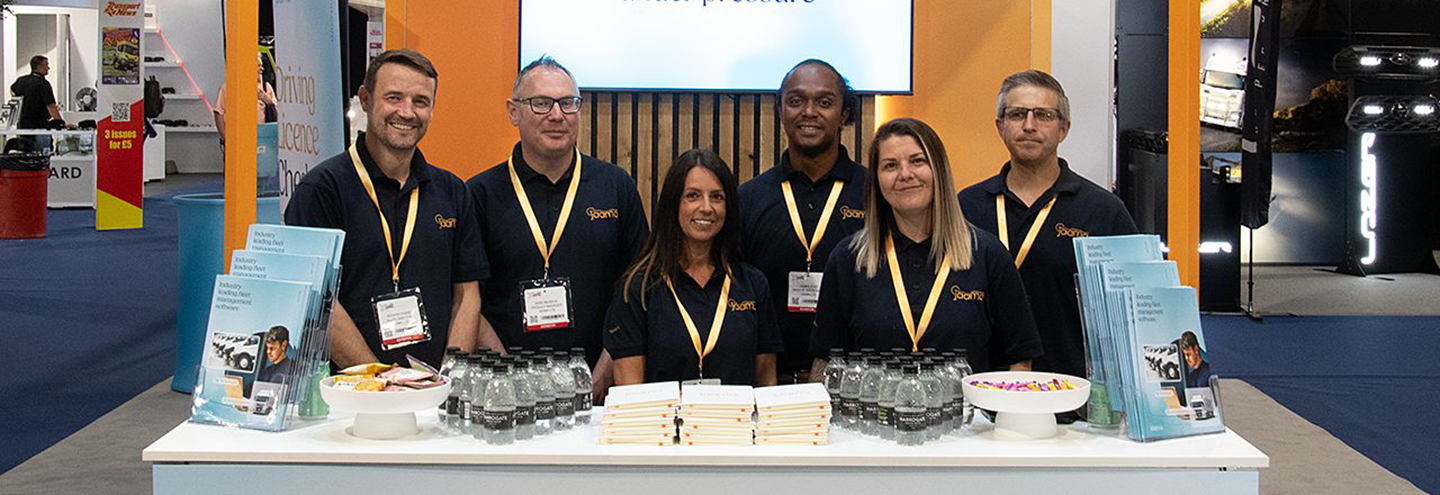Transport for London has confirmed that electric vehicles will lose their full exemption from the London Congestion Charge at the end of this year. From 2 January 2026, electric cars, vans and HGVs will all need to pay a daily charge.
TfL says the change is needed to manage congestion in central London. They estimate that more than 2,000 additional vehicles could enter the zone each weekday if EVs remained exempt. Under the new system, electric cars will pay £13.50 per day, while electric vans and trucks will pay £9 per day. Petrol and diesel vehicles will see their charge increase from £15 to £18.
While some have raised concerns about the impact on EV adoption, TfL's focus is on protecting essential services like buses and preventing rising traffic levels from undermining public transport.
What this means for your fleet
If you operate in London, these changes will affect your running costs. Many fleets justified EV adoption partly on Congestion Charge savings, so you'll need to revisit your budgets and route planning.
Here's something important: the reduced EV rates only apply if your vehicle is registered with Fleet Auto Pay. Without it, electric vehicles pay the full £18 rate. One missed registration could become an expensive mistake, so keeping your vehicle records complete and current matters more than ever.
Why accurate fleet data is essential
London is becoming one of the most complex compliance environments for fleets. Between the Congestion Charge, ULEZ, LEZ, and the upcoming Silvertown and Blackwall Tunnel charges, there's a lot to track.
You need clear visibility of how often your vehicles enter these zones, which drivers are generating charges, and whether your vehicles are properly registered for Auto Pay. Without it, costs can quickly spiral.
This is where good fleet management systems help. At Jaama, we make sure your vehicle data is accurate, give you visibility of vehicle movements, and help you model cost impacts so you can make informed decisions without the complexity



